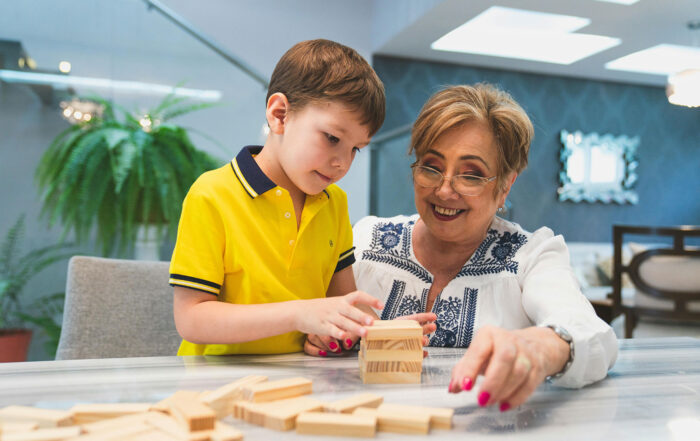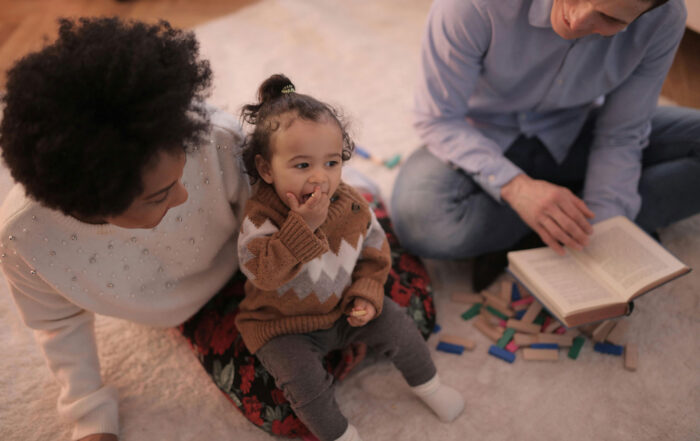
By Christopher Menschner and Alexandra Maul, Center for Health Care Strategies
Because of the potentially long-lasting negative impact of trauma on physical and mental health, ways to address patients’ history of trauma are drawing the attention of health care policymakers and providers across the country. Patients who have experienced trauma can benefit from emerging best practices in trauma-informed care. These practices involve both organizational and clinical changes that have the potential to improve patient engagement, health outcomes, and provider and staff wellness, and decrease unnecessary utilization. This brief draws on interviews with national experts on trauma-informed care to create a framework for organizational and clinical changes that can be practically implemented across the health care sector to address trauma. It also highlights payment, policy, and educational opportunities to acknowledge trauma’s impact.
Share This Post!
Will My Child Bounce Back From the Coronavirus Crisis?
With many months of the coronavirus crisis behind us and still more uncertainty and stress ahead, life is tough right now for kids of all ages. Many parents — seeing their children [...]
Trauma in Children During the COVID-19 Pandemic
Across the nation, everyone is being exposed to and reacting to the confusing, stressful, and sometimes frightening situation of the 2019 coronavirus disease (COVID-19) pandemic in different ways. But are we, and our [...]
How to Keep Children’s Stress From Turning Into Trauma
By Stacey Steinberg Children may be processing the disruptions in their lives right now in ways the adults around them do not expect: acting out, regressing, retreating or even seeming surprisingly content. [...]
Addressing Race and Trauma in the Classroom: A Resource for Educators
By the National Child Traumatic Stress Network This resource is intended to help educators understand how they might address the interplay of race and trauma and its effects on students in the [...]
The startling toll on children who witness domestic violence is just now being understood
By Jayne O'Donnel and Mabinty Quarshie USA TODAY SAVANNAH, Ga. – Latrelle Huff says her twins were conceived by rape. Now she blames domestic violence for her children's health problems. The Georgia [...]
The lasting impact of neglect
By Kirsten Weir The first time Nathan Fox, PhD, stepped into a Romanian orphanage, he was struck by the silence. "The most remarkable thing about the infant room was how quiet it was, [...]







